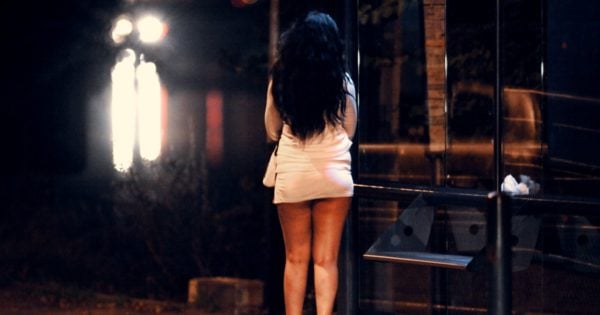In mid December, I moved in with my boyfriend to an apartment in St Kilda – Melbourne’s (slightly inferior) answer to Bondi.
It’s where the city meets the beach. It’s young. It’s generously lined with bars and restaurants. It’s the unapologetic home of Melbourne’s Pride festival.
But when the sun falls beneath the sea, one of St Kilda’s most notorious strips, Grey Street, also becomes home to sex workers, pimps, and johns.
In fact, if you Google ‘street prostitution’, the Wikipedia page for Grey Street is the very first option – before the page for street prostitution itself.

Before moving into the area, I had never seen a sex worker before. Now we've been living here for over two months, I am familiar with the regulars, who stick to their respective corners. Every night they emerge around 10pm - handbags in tow - to claim their territory under the deep navy sky, and wait for the next car to roll up.
